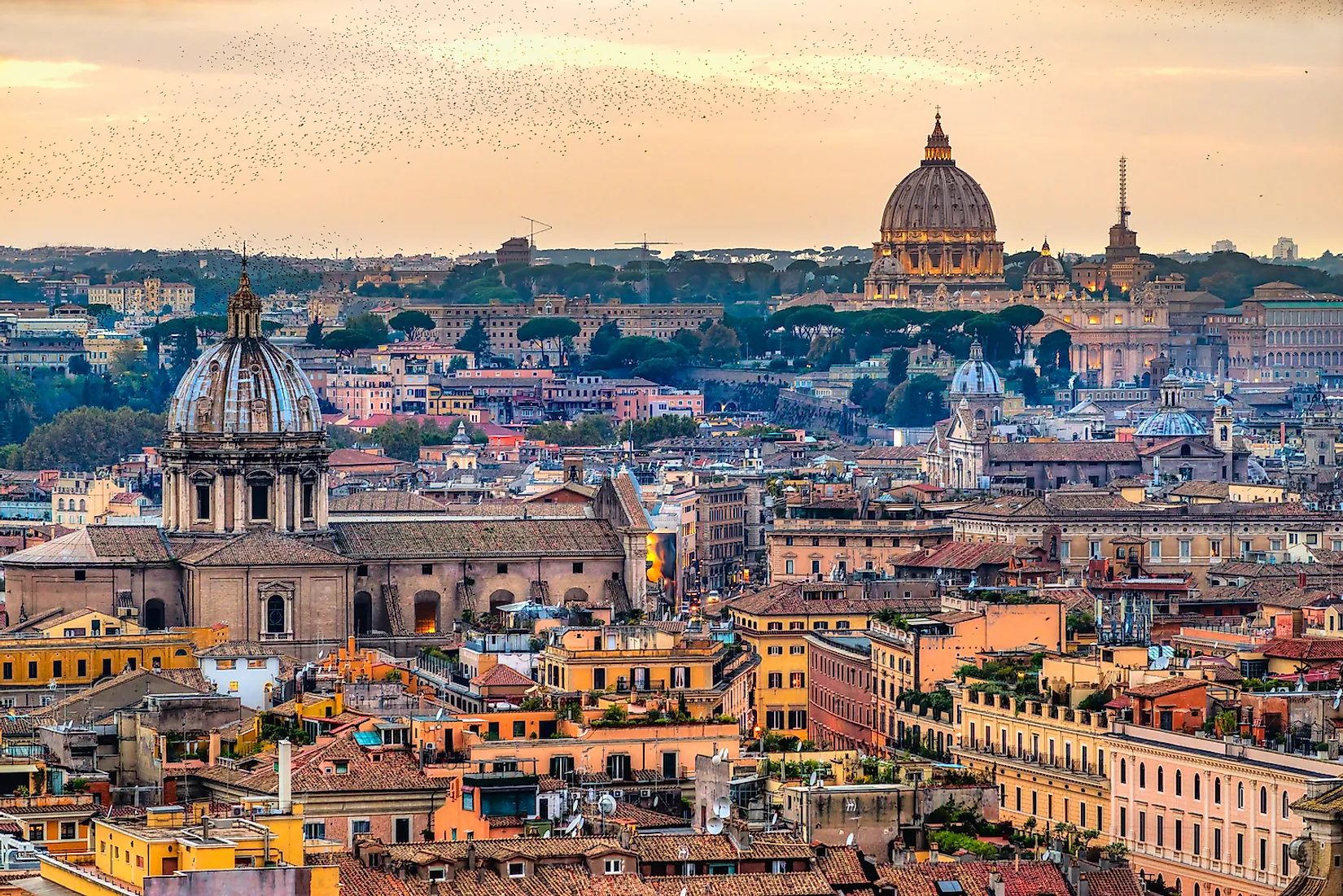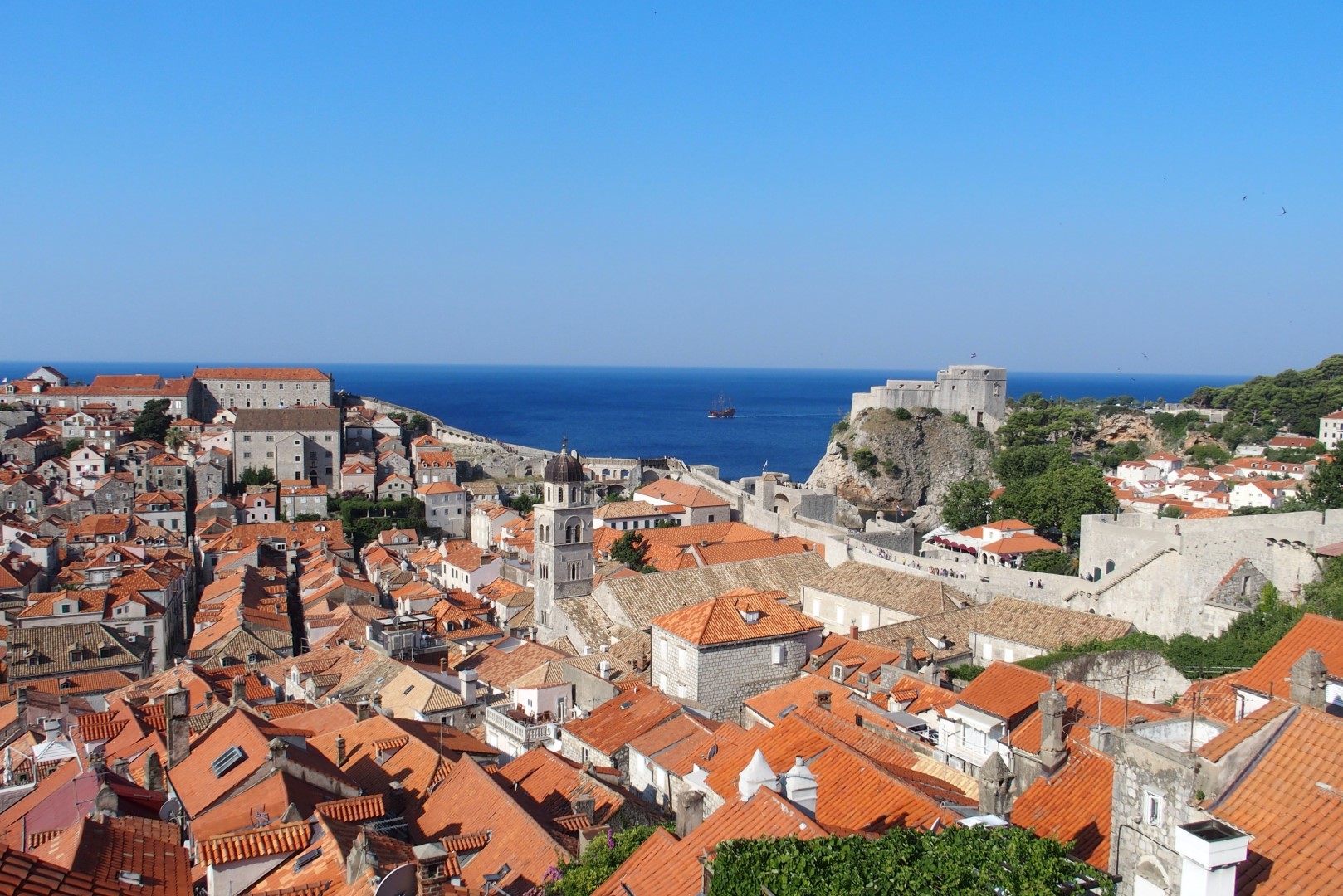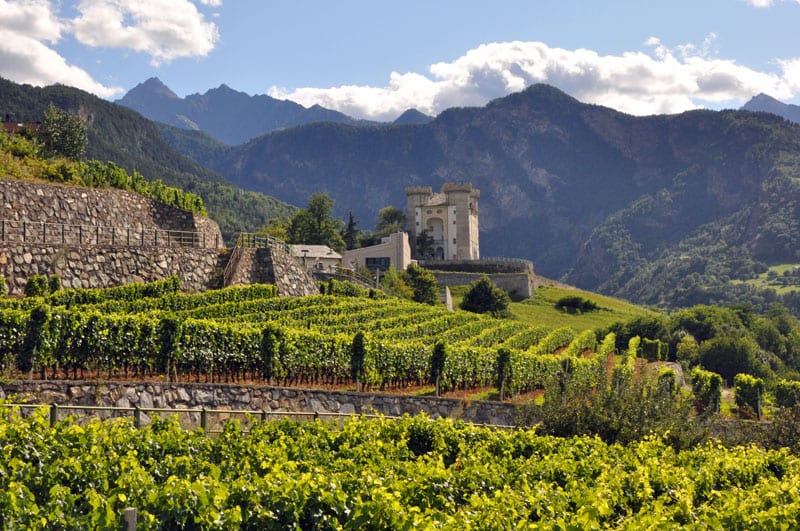kiera_kelly
kiera_kelly
Individualismo e solidarietà
Individualism in Italy can be described as a cultural value that emphasizes personal freedom and independence. However, it is also balanced by a strong sense of community and social solidarity, particularly within the family and regional networks. Italian culture values close relationships and often places a strong emphasis on the needs and well-being of the collective, while still recognizing and respecting individual goals and desires.
In Italy, solidarity is a cultural value that is highly prized and reflected in many aspects of social life. It is embodied in the close bonds of family, regional, and national ties, as well as in a strong sense of community and mutual support. Solidarity is often demonstrated through acts of generosity, volunteer work, and cooperation in achieving common goals. Italians also have a strong sense of national pride and unity, and solidarity is often expressed through a shared history, cultural heritage, and common values. However, solidarity can sometimes be limited by individualism, as some may prioritize their own interests over those of the community.
Stato sociale
The Italian welfare state refers to the system of social protections, benefits, and services provided by the Italian government to its citizens. The welfare state in Italy aims to provide a safety net for those in need and to promote social and economic equality. The system includes a range of programs and services, such as pensions, unemployment benefits, healthcare, education, and housing assistance. The welfare state in Italy has developed over time and has gone through various reforms in response to changing economic and social conditions. Despite challenges, the welfare state remains an important aspect of Italian society, reflecting the country's commitment to promoting the well-being of its citizens.
Vita en città, periferia e campagna
In Italy, city life is often characterized by busy and vibrant urban environments with a rich cultural heritage. Cities such as Rome, Milan, and Florence are home to some of the country's most famous landmarks, museums, and historical sites, as well as an active nightlife and diverse cultural scene. However, city living can also bring challenges such as traffic, pollution, and high living costs.

image courtesy of world atlas
The outskirts of Italian cities often have a more suburban feel, with residential areas, parks, and shopping centers. These areas can offer a more relaxed pace of life and a greater sense of community compared to the city center, while still being close to urban amenities.

image courtesy of Life in Italy
The countryside in Italy is known for its scenic beauty, rolling hills, and picturesque villages. Rural life is often focused on agriculture and traditional ways of life and is characterized by close-knit communities, a slower pace of life, and a strong connection to the land. The countryside is also home to many of Italy's most famous food and wine-producing regions, such as Tuscany, Piedmont, and the Veneto.

image courtesy of Italy Walks
Cultura giovanile
Youth culture in Italy is shaped by a variety of social, economic, and historical factors, and encompasses a wide range of interests, values, and styles. Italian youth culture values fashion, design, and technology, and is known for its vibrant music and nightlife scenes. Young Italians are also heavily influenced by their cultural heritage and take pride in their national identity. They are often politically active, particularly on issues related to the environment and social justice, and are known for their creativity and innovative spirit. However, the economic situation in Italy can make it difficult for young people to find jobs and establish themselves in their careers, leading to high levels of youth unemployment and social frustration in some cases. Despite these challenges, Italian youth culture remains a dynamic and influential force in the country and around the world.
<< Hide Menu
kiera_kelly
kiera_kelly
Individualismo e solidarietà
Individualism in Italy can be described as a cultural value that emphasizes personal freedom and independence. However, it is also balanced by a strong sense of community and social solidarity, particularly within the family and regional networks. Italian culture values close relationships and often places a strong emphasis on the needs and well-being of the collective, while still recognizing and respecting individual goals and desires.
In Italy, solidarity is a cultural value that is highly prized and reflected in many aspects of social life. It is embodied in the close bonds of family, regional, and national ties, as well as in a strong sense of community and mutual support. Solidarity is often demonstrated through acts of generosity, volunteer work, and cooperation in achieving common goals. Italians also have a strong sense of national pride and unity, and solidarity is often expressed through a shared history, cultural heritage, and common values. However, solidarity can sometimes be limited by individualism, as some may prioritize their own interests over those of the community.
Stato sociale
The Italian welfare state refers to the system of social protections, benefits, and services provided by the Italian government to its citizens. The welfare state in Italy aims to provide a safety net for those in need and to promote social and economic equality. The system includes a range of programs and services, such as pensions, unemployment benefits, healthcare, education, and housing assistance. The welfare state in Italy has developed over time and has gone through various reforms in response to changing economic and social conditions. Despite challenges, the welfare state remains an important aspect of Italian society, reflecting the country's commitment to promoting the well-being of its citizens.
Vita en città, periferia e campagna
In Italy, city life is often characterized by busy and vibrant urban environments with a rich cultural heritage. Cities such as Rome, Milan, and Florence are home to some of the country's most famous landmarks, museums, and historical sites, as well as an active nightlife and diverse cultural scene. However, city living can also bring challenges such as traffic, pollution, and high living costs.

image courtesy of world atlas
The outskirts of Italian cities often have a more suburban feel, with residential areas, parks, and shopping centers. These areas can offer a more relaxed pace of life and a greater sense of community compared to the city center, while still being close to urban amenities.

image courtesy of Life in Italy
The countryside in Italy is known for its scenic beauty, rolling hills, and picturesque villages. Rural life is often focused on agriculture and traditional ways of life and is characterized by close-knit communities, a slower pace of life, and a strong connection to the land. The countryside is also home to many of Italy's most famous food and wine-producing regions, such as Tuscany, Piedmont, and the Veneto.

image courtesy of Italy Walks
Cultura giovanile
Youth culture in Italy is shaped by a variety of social, economic, and historical factors, and encompasses a wide range of interests, values, and styles. Italian youth culture values fashion, design, and technology, and is known for its vibrant music and nightlife scenes. Young Italians are also heavily influenced by their cultural heritage and take pride in their national identity. They are often politically active, particularly on issues related to the environment and social justice, and are known for their creativity and innovative spirit. However, the economic situation in Italy can make it difficult for young people to find jobs and establish themselves in their careers, leading to high levels of youth unemployment and social frustration in some cases. Despite these challenges, Italian youth culture remains a dynamic and influential force in the country and around the world.

© 2024 Fiveable Inc. All rights reserved.